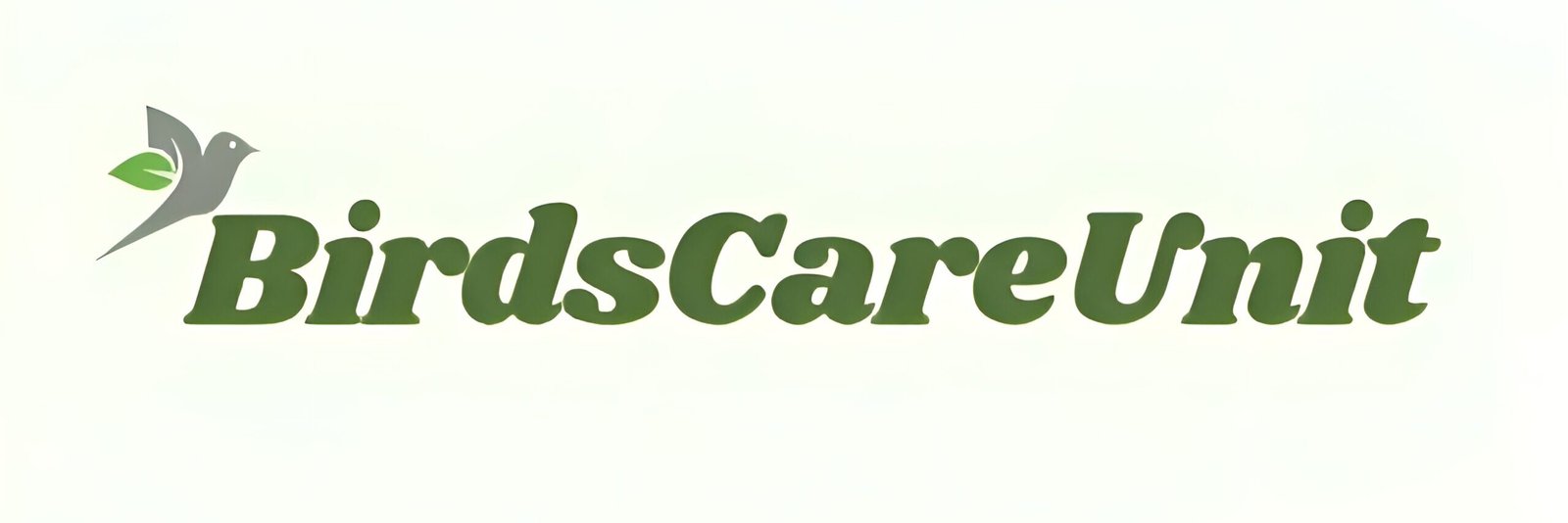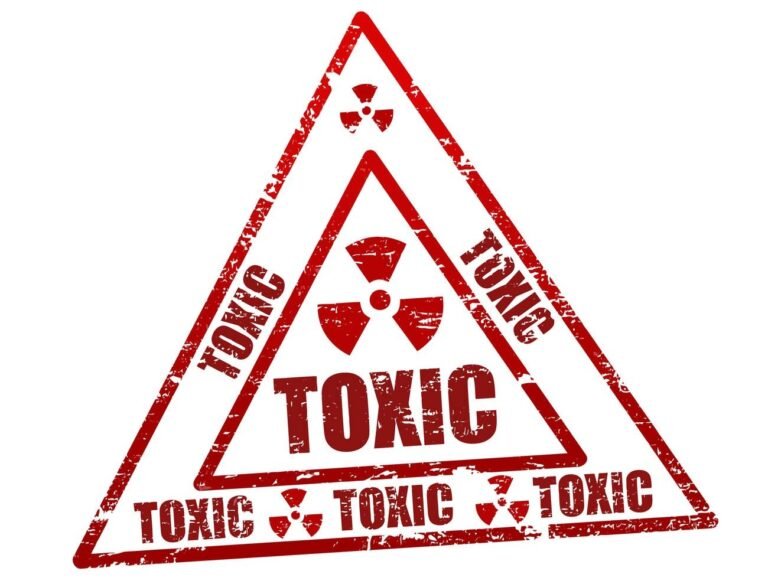Cockatiel Unhealthy poop , Treatment & Is Cockatiel poop dangerous for humans

Introduction
I have a decent collection of cockatiel birds in my small farm, which is located on my rooftop. It’s a small colony, and I have some cockatiel variants, including Lutino, Albino, Grey, and Cinnamon cockatiels. They all live together in this small colony and are very active and happy, primarily because they are healthy. I provide them with the best food and maintain the highest hygiene standards for them.
Despite these precautions, birds sometimes still become unhealthy. In my over a decade of experience, what concerns me the most is when they have unhealthy poops. This can lead to serious health issues, and in many cases, it can even result in death. It’s one of the biggest reasons for cockatiel mortality. Because of this, I’m always vigilant to prevent this condition and other related diseases. Today, I want to discuss unhealthy poop in cockatiels and its treatment.
Understanding Cockatiel Droppings
The first step in keeping your cockatiels healthy is learning to understand their droppings. A healthy cockatiel’s droppings consist of three primary components:
- Urates: The white or clear part, which comes from the bird’s kidneys.
- Feces: The solid part, which is typically dark green or brown.
- Urine: The liquid portion, which should be clear or light yellow.
When all three components appear in balance, it generally indicates that your cockatiel is healthy. However, changes in color, consistency, or volume of these elements can indicate various health concerns.
What Do Normal Cockatiel Droppings Look Like?
Before diving into abnormalities, it’s essential to recognize what normal cockatiel droppings look like. Healthy droppings are typically well-formed with a green or brown solid part (feces), surrounded by a small amount of clear urine and a white or slightly yellowish urate. The frequency of droppings depends on the bird’s diet and hydration, but they should be relatively consistent in appearance.
If you notice any significant deviations from this, such as changes in color, consistency, or frequency, it may indicate an underlying health problem that needs to be addressed immediately.
Deciphering Abnormal Droppings
Cockatiels can exhibit a range of abnormal droppings, each of which can signify specific health concerns. Here are the most common issues and their possible causes:
1. Watery Droppings
Watery droppings or diarrhea in cockatiels can occur for several reasons:
- Dietary Indiscretions: Changes in diet, especially when introducing new fruits or vegetables, can lead to temporary loose stools.
- Stress: Environmental changes, loud noises, or the introduction of new birds can cause stress-induced watery droppings.
- Infections: Bacterial or viral infections can also result in diarrhea.
Treatment:
To treat watery droppings, ensure your cockatiel has access to fresh, clean water and a bland diet consisting of pellets and familiar food items. If the condition persists, consult a veterinarian, as antibiotics or other treatments may be necessary to address infections or other medical issues.
2. Blood in Droppings
Blood in cockatiel droppings is a severe and alarming symptom that could indicate:
- Internal Bleeding: This can occur from injuries or illnesses.
- Ingested Sharp Objects: Cockatiels may accidentally swallow sharp objects that cause internal damage.
- Parasites: Parasitic infections can cause internal bleeding, resulting in blood in the droppings.
Treatment:
Immediate veterinary intervention is crucial if you notice blood in your bird’s droppings. The veterinarian will likely conduct tests to diagnose the underlying cause and provide the necessary treatment.
3. Undigested Seeds in Droppings
When seeds appear undigested in your cockatiel’s droppings, it may be a sign of gastrointestinal problems such as:
- Digestive Issues: Poor digestion can be due to bacterial or yeast overgrowth in the gut.
- Dietary Concerns: An imbalance in the bird’s diet, particularly a lack of sufficient nutrients, can lead to poor digestion.
Treatment:
The best way to address undigested seeds is to evaluate your bird’s diet. Make sure it consists of a balanced mixture of pellets, fruits, vegetables, and seeds. In some cases, digestive enzyme supplements or probiotics may be necessary, but these should be provided under veterinary guidance.
4. Changes in Urates
Urates in droppings should always be white or clear. Any discoloration or changes in consistency may suggest:
- Dehydration: Dark or discolored urates could indicate that your bird is not drinking enough water.
- Liver or Kidney Issues: Yellow or green urates can point to issues with the liver or kidneys, which require immediate medical attention.
- Dietary Factors: Certain foods can cause temporary changes in the appearance of urates.
Treatment:
Ensure your cockatiel has constant access to clean, fresh water, and consider adjusting their diet. If the changes in urates persist, consult a veterinarian for further examination and possible treatment options.
Treatment Guidelines for Abnormal Cockatiel Droppings
Once you’ve identified the problem with your cockatiel’s droppings, here are general treatment guidelines to follow:
Balanced Diet: Provide a well-rounded diet for your cockatiel, which includes high-quality pellets, fresh fruits and vegetables, and occasional healthy treats. A varied diet can help prevent many gastrointestinal issues and keep your bird in optimal health.
Clean Water: Ensure your cockatiel always has access to clean, fresh water. Dehydration can cause several health issues, including changes in urates.
Cage Hygiene: Regularly clean your bird’s cage, including perches, bars, and trays. A dirty environment increases the risk of infections and illnesses, which can manifest as unhealthy droppings.
Veterinary Care: Don’t hesitate to seek veterinary care if you notice any unusual signs in your bird’s droppings. Early intervention can make a significant difference in your cockatiel’s recovery.
Is Cockatiel Poop Dangerous for Humans?
While cockatiel poop is not inherently dangerous to humans, there are potential health risks associated with handling bird droppings, particularly if proper hygiene practices are not followed. Below are some considerations:
Bacterial Contamination
Bird droppings can harbor bacteria such as E. coli, Salmonella, or Campylobacter, which can cause gastrointestinal illness in humans if ingested. These bacteria are often present in the droppings of healthy birds, but they can become problematic when humans come into direct contact with them or ingest contaminated food or water.
Prevention:
Avoid direct contact with droppings, always wear gloves when cleaning the cage, and wash your hands thoroughly after handling birds or their waste.
Parasitic Infections
Bird droppings may contain parasites like Cryptosporidium or Giardia, which can be transmitted to humans through contaminated water, surfaces, or even direct contact with droppings.
Prevention:
Clean and disinfect your bird’s cage regularly, and avoid direct contact with contaminated areas. Practicing good hygiene, such as washing hands after handling birds or cleaning cages, can minimize the risk of infection.
Fungal Spores
One of the lesser-known risks associated with bird droppings is exposure to fungal spores, particularly Aspergillus spores. Inhaling these spores can lead to respiratory infections in humans, especially those with weakened immune systems.
Prevention:
Wear a mask when cleaning your bird’s cage, especially if droppings have dried and become airborne. Maintain good ventilation in areas where birds are kept, and avoid allowing droppings to accumulate and dry out.
How to Minimize Risks When Handling Cockatiel Droppings
To reduce the risk of illness from cockatiel droppings, follow these guidelines:
Wear Gloves and a Mask: Always wear gloves when handling droppings or cleaning the bird’s cage, and consider wearing a mask to prevent inhaling any dust or spores.
Disinfect Regularly: Clean the bird’s cage, perches, and surrounding areas frequently with bird-safe disinfectants to prevent bacterial and fungal buildup.
Hand Washing: Wash your hands thoroughly with soap and water after handling birds or cleaning their cage, and avoid touching your face, especially your mouth or eyes, during the process.
Keep Birds Away from Food Areas: Ensure birds are kept out of food preparation and eating areas to minimize the risk of contamination.
Monitor Your Health: If you experience symptoms of illness, such as gastrointestinal upset or respiratory issues after coming into contact with bird droppings, seek medical attention promptly.
Conclusion
Understanding and monitoring your cockatiel’s droppings is crucial for ensuring their health and well-being. Abnormal droppings can signal underlying health issues that require immediate attention. By being vigilant, providing proper care, and seeking veterinary help when necessary, you can ensure that your cockatiels remain healthy and happy.
Additionally, it’s important to recognize that while cockatiel droppings pose minimal risk to humans when proper hygiene is observed, certain precautions should always be taken to avoid potential infections or respiratory issues. Regular cage cleaning, handwashing, and wearing protective gear during cage maintenance are essential practices that minimize these risks.
In summary, by understanding the normal characteristics of cockatiel droppings, identifying abnormalities, and responding promptly with treatment, you can help maintain your bird’s health. As a responsible bird owner, paying attention to your cockatiel’s droppings and following the outlined treatment guidelines ensures you catch any potential issues early, preventing them from escalating into serious health concerns. Likewise, practicing safe hygiene habits while handling bird droppings will protect not only your birds but also your own well-being.
Final Thoughts
Caring for cockatiels involves a lot of attention to detail, especially when it comes to monitoring their droppings. It’s a subtle but vital part of bird care, as changes in their poop can be one of the earliest indicators of illness. Whether you’re a new bird owner or an experienced breeder, staying proactive about the health of your birds and ensuring their environment is clean and safe will pay off in the long run.
Remember, if you ever feel unsure about your bird’s health, always consult a veterinarian who specializes in avian care. They can offer professional guidance and necessary treatment options for any health concerns.
Through this comprehensive understanding of cockatiel droppings and proper cleaning practices, you’ll contribute to a healthier, happier life for your cockatiels and safeguard your own health in the process.


